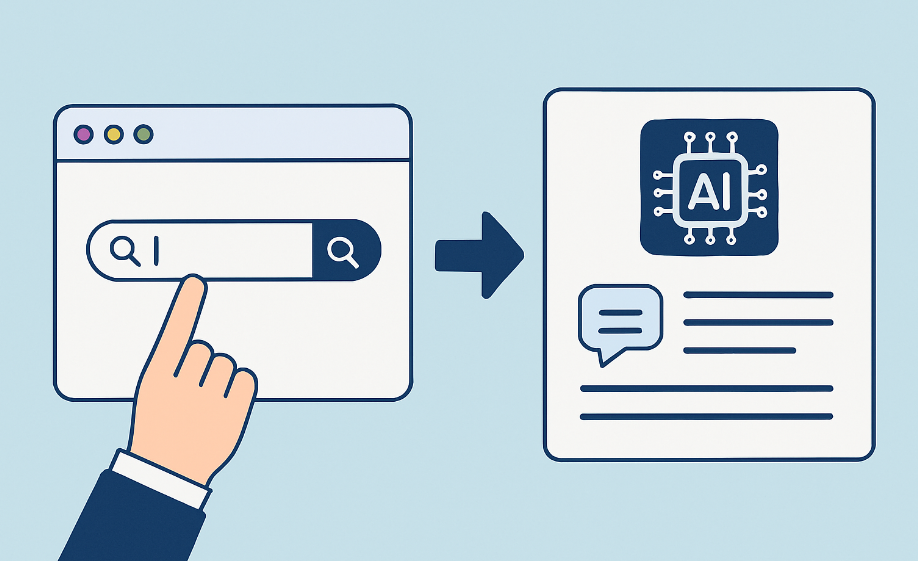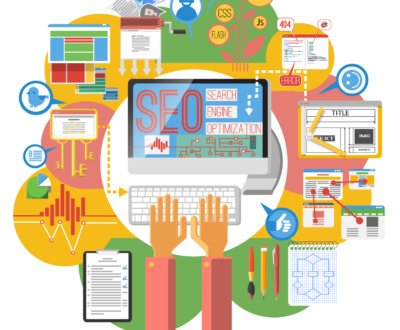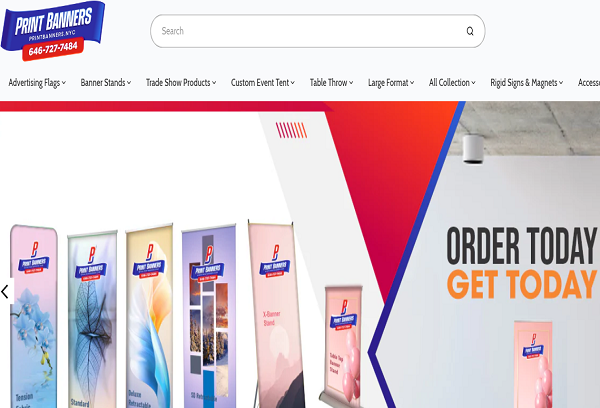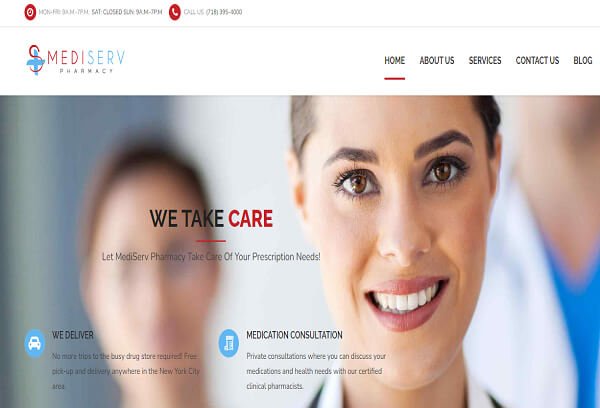How Can Businesses Optimize for the Shift from Search Engines to AI-Powered Answer Engines?
- August 8, 2025
- SEO
The digital landscape is changing fast. Traditional search engines are no longer the only gateway to information—AI-powered answer engines like ChatGPT, Google Gemini, and Perplexity are redefining how people discover, evaluate, and act on information. To stay visible, you need to adapt your content for this new era of discovery.
How Has Search Evolved Over Time?
Traditional search worked on a one-off query model—you typed a keyword, got a list of links, and chose where to click. Each search was independent, with rankings based on factors like content quality, links, and user signals.
Answer engines, on the other hand, focus on continuous conversations and context. They remember previous interactions, adapt to user preferences, and deliver direct, synthesized answers—reducing the need for users to click multiple links.
What Makes Answer Engines Different from Traditional Search Engines?
- From links to direct answers: AI pulls from multiple sources to give complete responses in real time.
- From keywords to context: Content is evaluated for semantic clarity, topical depth, and credibility.
- From single queries to “query fan-out”: One question can spawn dozens of related sub-queries to build a richer, more personalized answer.
- From static to multimodal: AI can process text, images, video, audio, and structured data, combining them into a single output.
What Are the Key Characteristics of AI-Powered Answer Engines?
- Conversational search – Users ask full questions instead of short keywords.
- Personalization & memory – Results adapt based on past queries and preferences.
- Reasoning chains – AI follows logical steps to synthesize the best answer.
- Chunk-level retrieval – The AI pulls small, relevant sections from content instead of ranking whole pages.
- Multimodality – The ability to integrate various formats like transcripts, diagrams, or data tables.
How Can I Optimize My Content for Answer Engines?
Follow this seven-step process:
- Audit existing content – Identify topical gaps, outdated data, and missed opportunities for citations.
- Refine your strategy – Decide what to retain, enhance, or create based on audience intent.
- Refresh outdated pages – Add missing details, update stats, and ensure accuracy.
- Chunk your content – Break it into scannable sections so AI can quote it easily.
- Enrich with depth – Add case studies, examples, and first-hand insights.
- Add machine-readable signals – Use schema markup, alt text, and descriptive file names.
- Publish, monitor, and iterate – Track AI citations and update regularly.
What Checklist Should I Use to Make My Content LLM-Ready?
- Build topic clusters with pillar pages and related subtopics.
- Use H2/H3 headings as questions for better passage-level retrieval.
- Cover topics comprehensively—anticipate follow-up questions.
- Personalize content for different user types and local markets.
- Add schema markup and authoritative references.
- Show expertise with author bios, case studies, and proprietary data.
- Maintain technical accessibility—fast load times, clean HTML, and strong internal linking.
What Is GEO and How Does It Differ from SEO?
GEO (Generative Engine Optimization) is the evolution of SEO, focused on getting your content cited in AI-generated answers instead of just ranking in search results.
Success in GEO means:
- Optimizing for citations, context, and reasoning.
- Tracking new KPIs like AI visibility, brand mentions, and attributed influence value (AIV).
- Applying relevance engineering so AI chooses your content during multi-step reasoning.
Why Is Structured Data and Brand Authority So Important?
Structured data (like schema markup) helps AI understand your content’s context and relationships, making it 53% more likely to be cited in responses.
Brand authority ensures AI trusts your site. This means building a presence across platforms, earning reputable mentions, and showing E-E-A-T (Expertise, Experience, Authoritativeness, Trustworthiness).
How Does the User Journey Change in the Age of AI Search?
The user journey is now non-linear and multimodal. People expect fast, personalized answers across multiple platforms. To keep them engaged:
- Maintain consistent messaging across all channels.
- Deliver interactive, AI-friendly experiences.
- Ensure your website feels as personalized as the answers users get from AI.
At Earn SEO, a leading SEO agency in New York, we help businesses adapt to the shift from traditional search to AI-powered answer engines. From optimizing for LLM citations to implementing GEO strategies, our team ensures your brand stays visible and competitive. Ready to future-proof your digital presence? Contact us today to start optimizing for the next era of discovery.
Earn SEO was established in 2011 by Devendra Mishra, a highly educated professional with varied training and experience. Mr. Mishra is responsible for business development, attracting new Earn SEO partners, and interacting with clients, the media and press, and acting as Brand Ambassador.
Devendra Mishra
Founder





































